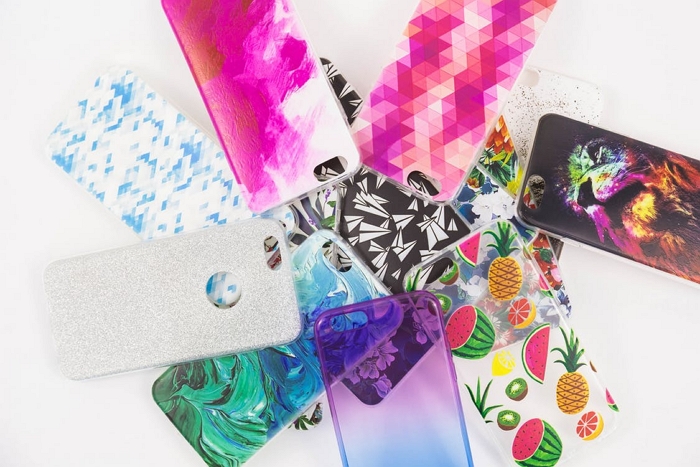Android Data Recovery
The 6 Best Ways To Protect Your Phone From Damage
-- Wednesday, January 22, 2020

While phone lives are relatively short, there are some things you can do to keep your device going for as long as possible. Here are 6 habits to get into:
1. Find a case that works
Picking out a good case isn't as straightforward as it sounds. A lot of cases are protective, but don't come with fun designs or patterns. Sturdy silicone cases and flap front cases are the best options to go for.
These cases don't have to be unattractive. Whether you're looking for cool iPhone covers or cute Samsung Galaxy cases, there are many damage protective designs that can compliment your look and speak to your personality. If you don't want to be limited to one design, choose a few for all seasons or moods you enjoy.
2. Use glass screen protectors
Your phone is not likely to be affected by a drop if you have a screen protector. Protectors are designed to act in the same way as your screen and they're hardly noticeable. Plastic sheet screen protectors are popular with some, but unfortunately they don't always work.
To prevent your screen from shattering, you should buy tempered glass screen protectors that are just as easy to install. If the protector itself cracks, you can easily replace it so that your screen underneath remains protected.
3. Charge the battery properly
Some research reports that overcharging your phone can damage battery life. However, others claim that phones are programmed to know when they have reached full charge and overcharging is impossible. Frequently running your battery down and topping it up with only a little charge is also thought to damage battery life.
While research is still muddled about this, charge your phone fully during the day if possible. Don't let it run out of power too quickly, and don't leave it on charge for too long, just to be sure.
4. Clear up space
Photos, videos, apps, emails, and other storage nibbling content can affect how your phone functions. If your storage is too full, you may notice that your phone starts slowing down. Over time, consistent memory clogging may make you think you need a new phone. However, clearing space is relatively easy and should solve the problem.
Your phone settings should allow you to see a breakdown of memory usage. Photos take up a lot of space and so deleting a few will help, but you can also extend phone memory for a cost. Deleting apps will also free up space and keep your phone organized.
5. Scan for viruses regularly
There's nothing worse than opening an email or page that contains a virus. Viruses can damage your phone's interior settings and can also put your privacy at risk. Installing a virus scanning software app designed for your make of phone is a good way to keep your device free of digital diseases. You might also be able to do a virus scan and clean through an internal setting however.
6. Protect your privacy
Using privacy settings will help prevent viruses from entering your device. Home screen passwords are great, but you should also make sure you protect yourself online. Social media platforms offer individual privacy settings but google privacy and data protection can be set from your personal google account.






















